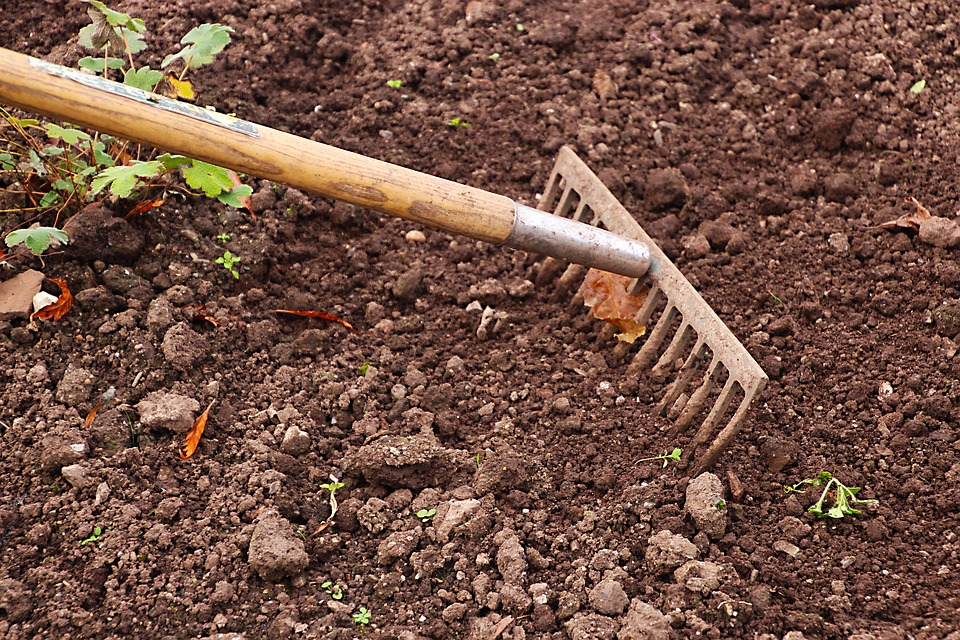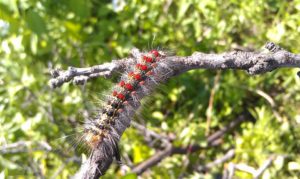Month: April 2018
Team Spotlight: Tyler Smith
April 27, 2018 We wanted to help you get to know the team behind the great reputation at Hively Landscapes with our team spotlight series. Tyler Smith, Account Manager, was kind enough to join us on the hot seat and answer a few questions.
We wanted to help you get to know the team behind the great reputation at Hively Landscapes with our team spotlight series. Tyler Smith, Account Manager, was kind enough to join us on the hot seat and answer a few questions.
Learn more about what Tyler had to say below!
Q: Where would you like to travel to?
A: I would love to travel to Australia and go scuba diving in the great barrier reef!

Spring Soil Preparation Tips
April 24, 2018Some of us want to grow the best looking plants each year, ones that will flourish and become the envy of the neighborhood. Others don’t share that dream, but if you’re one of those who does, we have some tips from the landscape professionals here at Hively to help transform your garden into something special. Follow these guidelines and your landscape will be on its way to being the best-looking property for miles around.
First, Test the Soil
The most important thing you can do for your landscape is a simple soil test. A soil test will help ensure landscape success by revealing pH and nutrient levels in your soil. With this information you can correct soil abnormalities, improving the effectiveness of fertilizers, helping the grass grow, and improving long-term resistance to pests and diseases. Spring is a great time to get your soil tested and corrected.
8 Springtime Pests That Will Destroy Your Landscape
April 17, 2018 Do you know who else enjoys the warm-up that springtime brings each year? Pests! Putting all that time, effort and money into your landscape helps it look great. Left untreated, though, it also looks great to hungry critters who may be hiding in your landscape. Warm, moist landscapes are the perfect breeding ground for a variety of fungi and diseases.
Do you know who else enjoys the warm-up that springtime brings each year? Pests! Putting all that time, effort and money into your landscape helps it look great. Left untreated, though, it also looks great to hungry critters who may be hiding in your landscape. Warm, moist landscapes are the perfect breeding ground for a variety of fungi and diseases.
Warning signs of a problem include dieback, defoliation, and discoloration. If you begin to notice any of these, immediate action must be taken to avoid eventual damage and possible death.